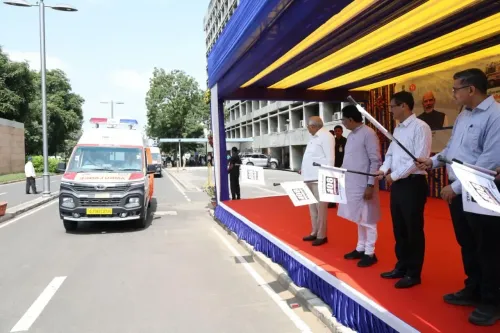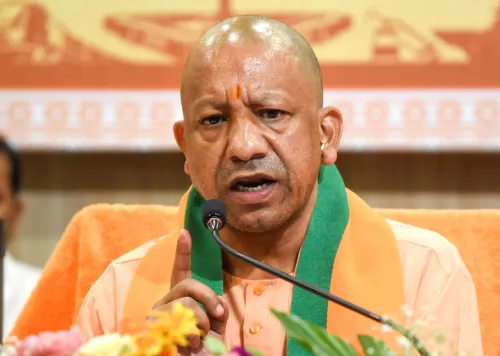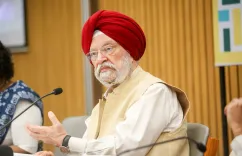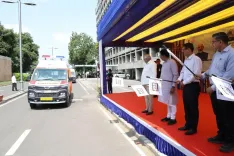Can Individual Judges Recommend Advocates for Senior Designation?
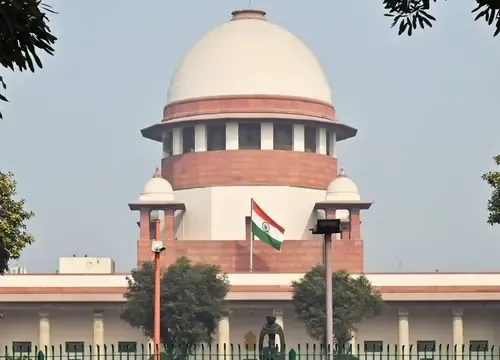
Synopsis
Key Takeaways
- Individual judges cannot recommend advocates for senior designation.
- The decision must be made collectively by the Full Court.
- Applications for designation can still be submitted and treated as consent.
- A structured process is necessary for senior designation.
- At least one designation exercise should occur each year.
New Delhi, May 13 (NationPress) The Supreme Court stated on Tuesday that no individual judge from the apex court or High Court has the authority to recommend any advocate for the title of “senior” designation.
“According to Sub-section (2) of Section 16 of the Advocates Act, 1961, an individual Judge from the Supreme Court or High Court cannot make such a recommendation as the decision must be a collective one made by the Full Court,” noted a bench led by Justice Abhay S. Oka.
The bench, which included Justices Ujjal Bhuyan and SVN Bhatti, emphasized that if an advocate deserving of this title does not submit an application, the Full Court can still recommend their designation based on internal discussions, provided the advocate consents. “Therefore, a written recommendation from an individual Judge is not necessary,” the Supreme Court clarified.
In its comprehensive judgment, the bench led by Justice Oka remarked that the tradition of advocates applying for this designation can persist, as such applications can be seen as the advocates’ consent for the “senior” title. It also stated that the Full Court could grant the title in deserving cases even if no application is submitted. Furthermore, the apex court recommended the discontinuation of the point-based assessment previously used by the Permanent Committee for the “senior” designation.
The Supreme Court stated, “All applications from candidates deemed eligible by the Permanent Secretariat, along with the relevant documentation submitted by the applicants, must be presented to the Full House. Efforts should be made to reach a consensus. However, if consensus is not achieved regarding the designation of Advocates, the decision should be made through a democratic voting process.”
Nevertheless, the bench led by Justice Oka left it to the High Courts to determine whether a secret ballot is necessary in specific cases.
The Supreme Court made it clear that ongoing processes initiated based on previous apex court rulings will remain governed by those decisions, but new applications will not be entertained unless a proper set of rules is established by the High Courts.
Stating that at least one exercise of “senior” designation should occur each calendar year, the apex court highlighted the importance of enhancing the designation process through regular reviews by both the Supreme Court and the respective High Courts.

